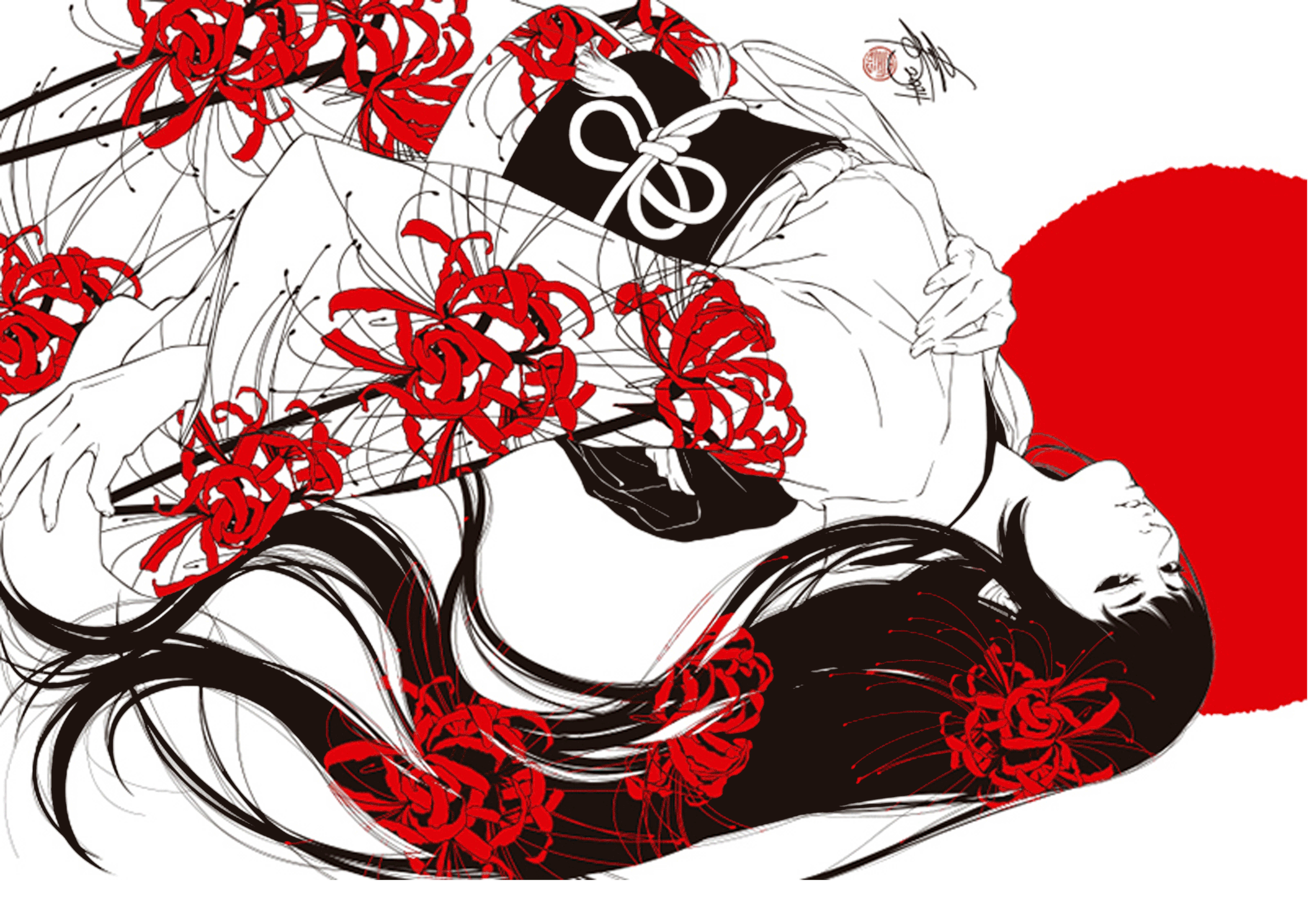A week after returning from a two-week long vacation in Hawaii, I drop by my editor’s office. After shooting the breeze for a few minutes, he digs the letter out of a desk drawer and hands it to me.
“Like I said, it looks like it’s from a woman’s hand.”
The envelope is addressed in neat handwriting to the editor, but inside is another envelope with my name scrawled roughly on it.
Opening it, I discover that it has not been sent by a fan, but rather by a lover: a lover, as I like to say, from another life.
Dear Peadar,
I saw your interview in the paper.
I told you before that you seemed to have changed. But, when I read the interview, I was happy to find that you had become your old self again, the one that I fell in love with all those years ago.
But, ever since we lost contact with each other, I couldn’t stop thinking, “What the hell is wrong with me?”
I feel as if you’ve deserted and hurt me again. You hurt me so much and now you’ve gone and done it again by remarrying and having a kid.
I’ll never forgive you. For the rest of my life, Peadar, I will never ever forgive you.
Akané[1]
I feel a fresh pang of guilt and say, “I haven’t forgiven myself, either.”
“What was that?” my editor asks.
“Nothing,” I answer, tucking the letter into my breast pocket, next to that heavy heart of mine. “Nothing.”
[1] I have added accents to Japanese words and names so that those unfamiliar with the Japanese language will be able to more accurately pronounce them.
Akané is pronounced “ah-kah-nay”. The name means “madder”, as in the plant the roots of which are used for dying textiles red.
